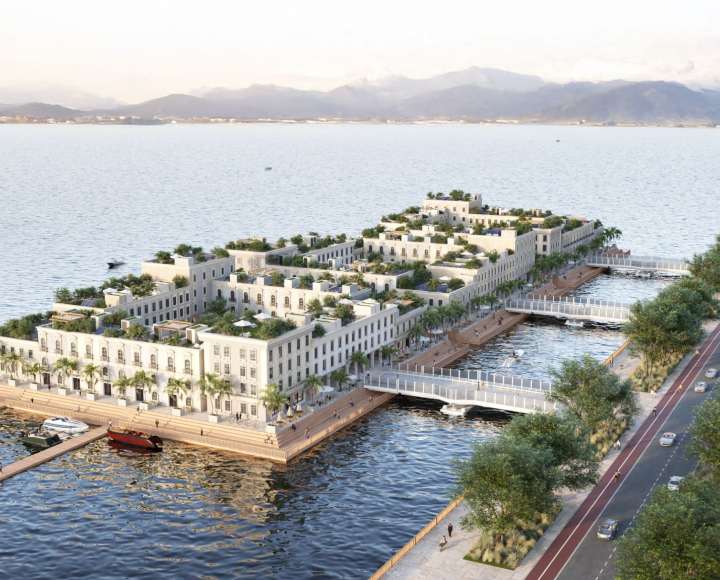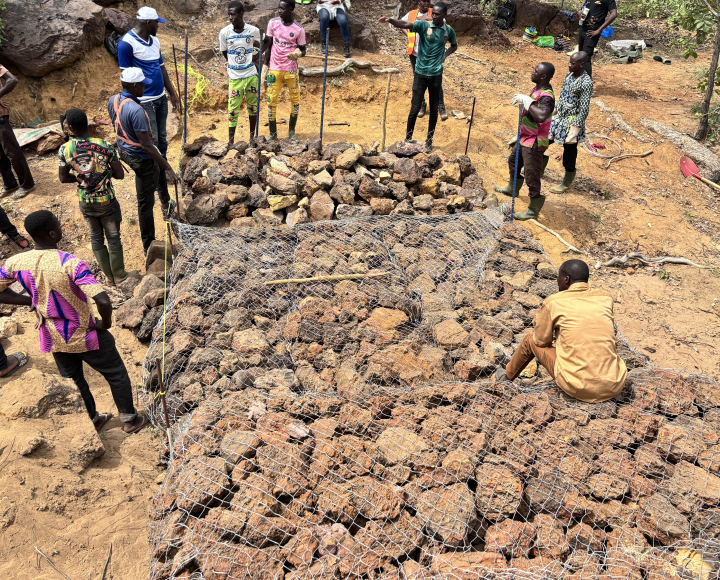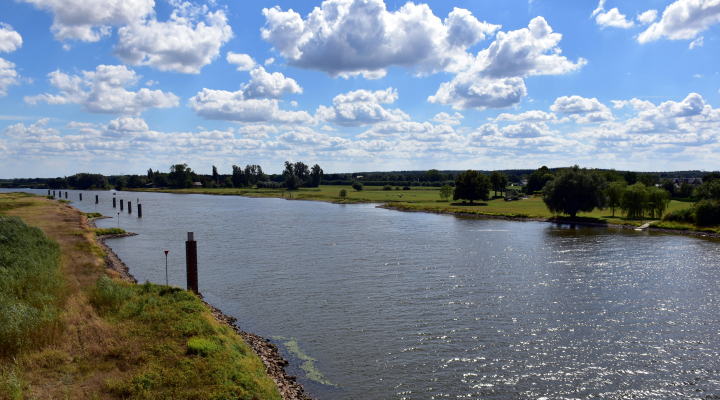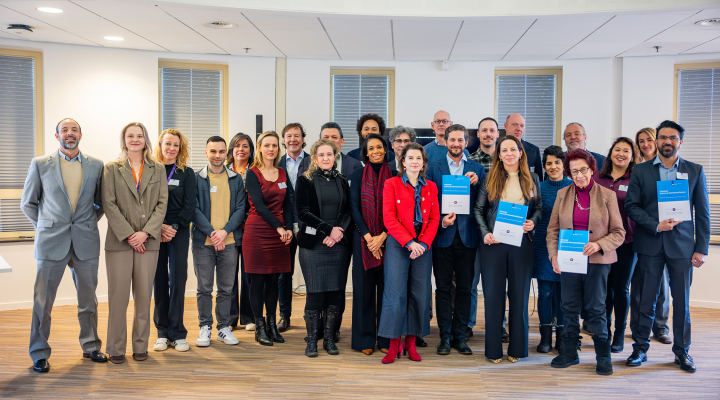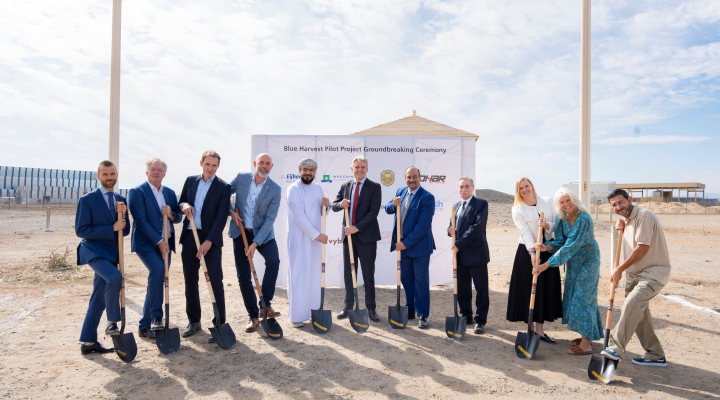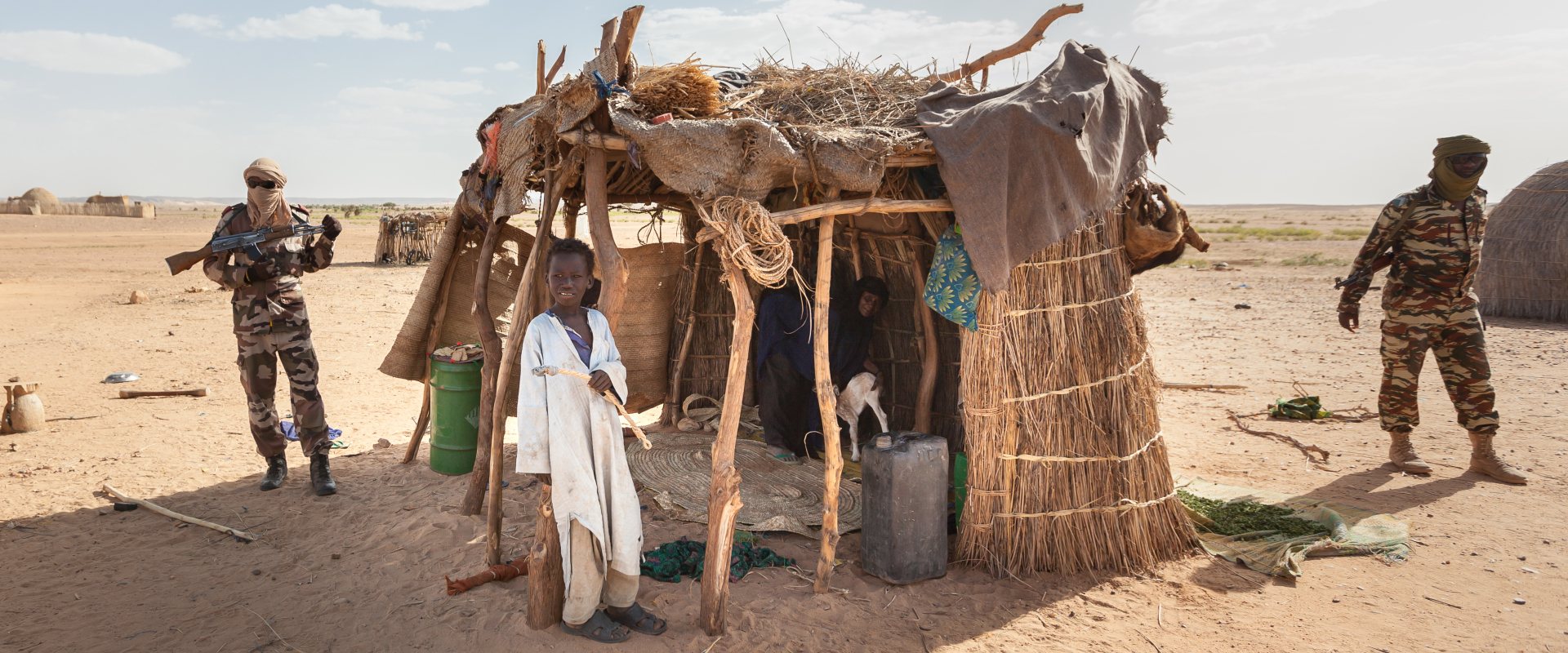
Latest updates on water-related conflicts
Starting this month, the Water, Peace and Security (WPS) Partnership will quarterly report on the hotspots in the world where water is, or may become, an important factor for the eruption of violence.
In the June 2020 Quarterly the partnership reports on the increasing violence in the Sahel region, for instance Mali where al-Qaeda recruits herdsmen to fight against local farmers over fertile land and water resources.
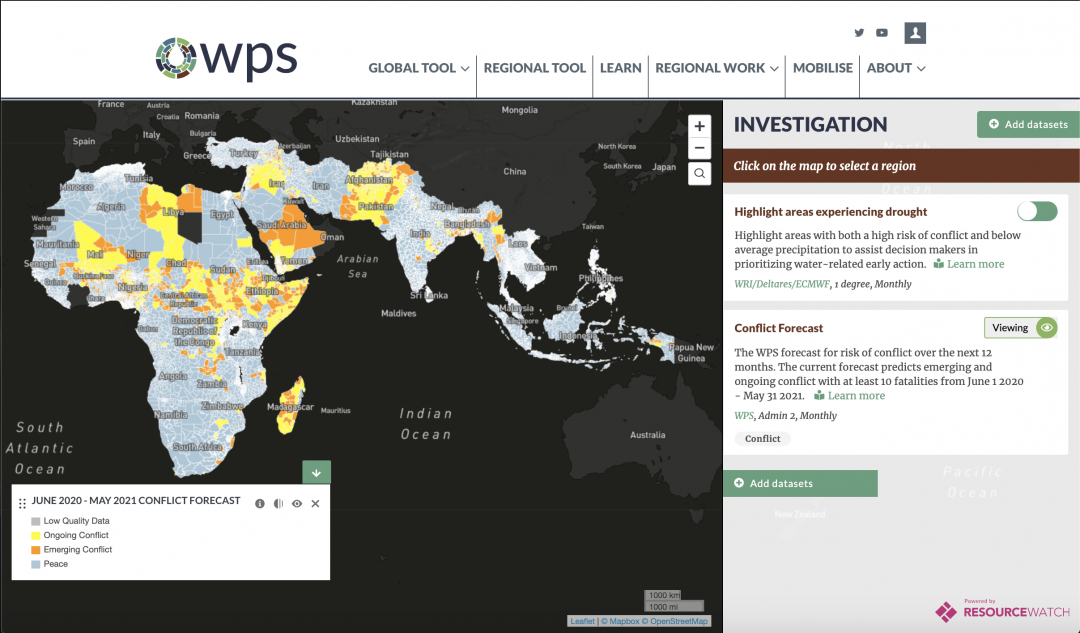

Hotspot areas
The WPS partnership has developed a Global Early Warning tool to predict water-related conflicts over the coming 12 months in Africa, the Middle East, and South and Southeast Asia. Based on this tool, a report and a map will be updated quarterly.
For certain hotspot areas these updates will also include on-the-ground reports from journalists and other actors.
Regional- and local-level tools help the partnership to better understand the water-related problems that fuel local conflicts. This deeper analyses can identify opportunities for mitigating risk.
Sahel conflicts
The Sahel is more and more destabilized by droughts, in combination with widespread land degradation, burgeoning regional populations, and increasing activity by a variety of armed groups. By analysing the water problems the partnerships hopes to stimulate constructive dialogues among parties, and design of conflict-sensitive interventions.
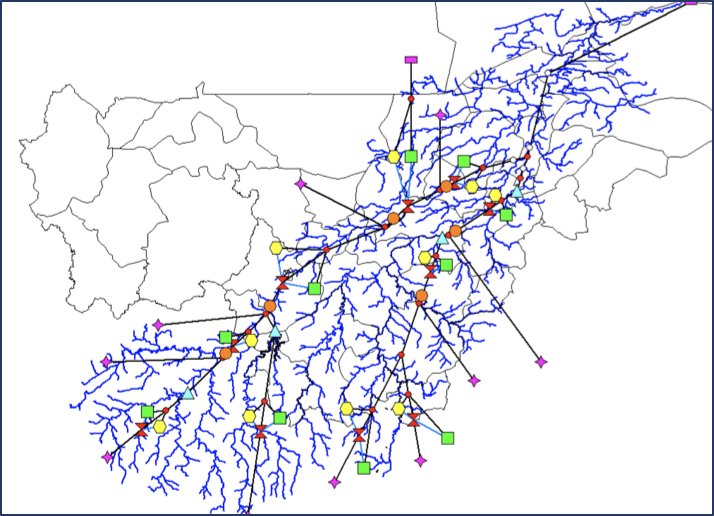

Herdsmen versus farmers
In the case of Mali, the first WPS-quarterly reports on the recruitment of Fulani herdsmen by local al-Qaeda groups. These herdsmen, some 40 million, move around the whole Sahel and allow their cattle to graze freely. In periods of drought the herdsmen and cattle finally end up in areas with fertile land near lakes and rivers.
This causes friction with local farmers that grow crops on this fertile land. In Mali, Dogon farmers want to protect their crops and created their own armed militias. Killings and reprisals by these two groups are now escalating.
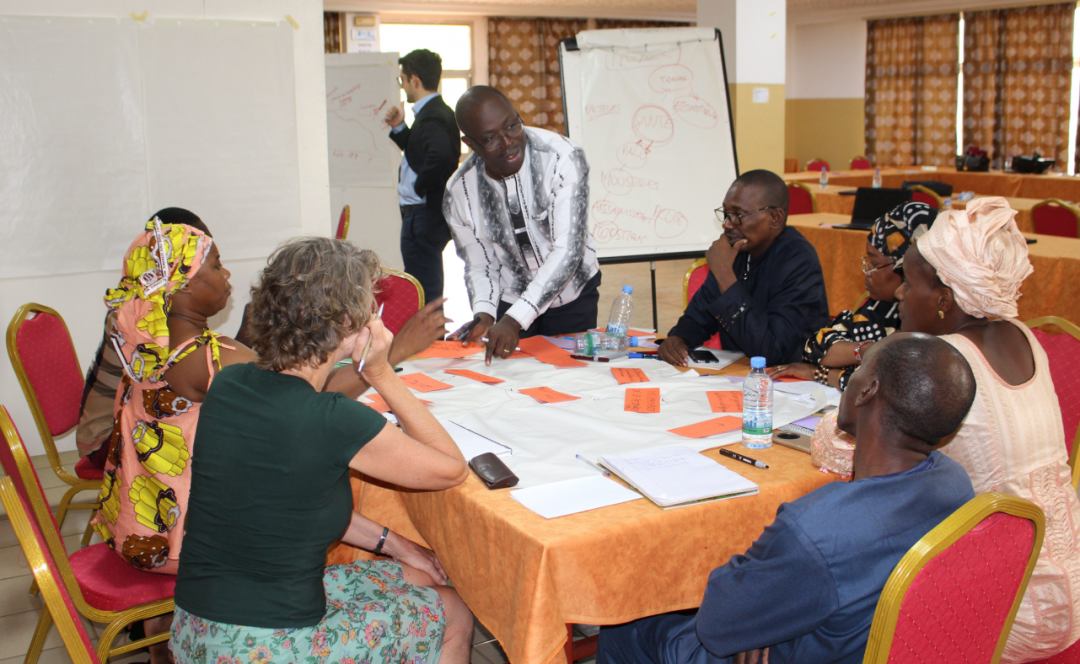

Floods and Covid-19
The update also mentions Mozambique where conflicts are fuelled by the severe flooding that, in combination with Covid-19, creates significant food insecurity.
There are also longer-term outlook flags for the Democratic Republic of Congo and Myanmar.
About WPS
The Water, Peace and Security (WPS) partnership is a collaboration between the Netherlands Ministry of Foreign Affairs and a consortium of six partners: IHE Delft (lead partner), World Resources Institute (WRI), Deltares, The Hague Centre for Strategic Studies (HCSS), Wetlands International and International Alert.
Take a look at the updated global map on the WPS website.




